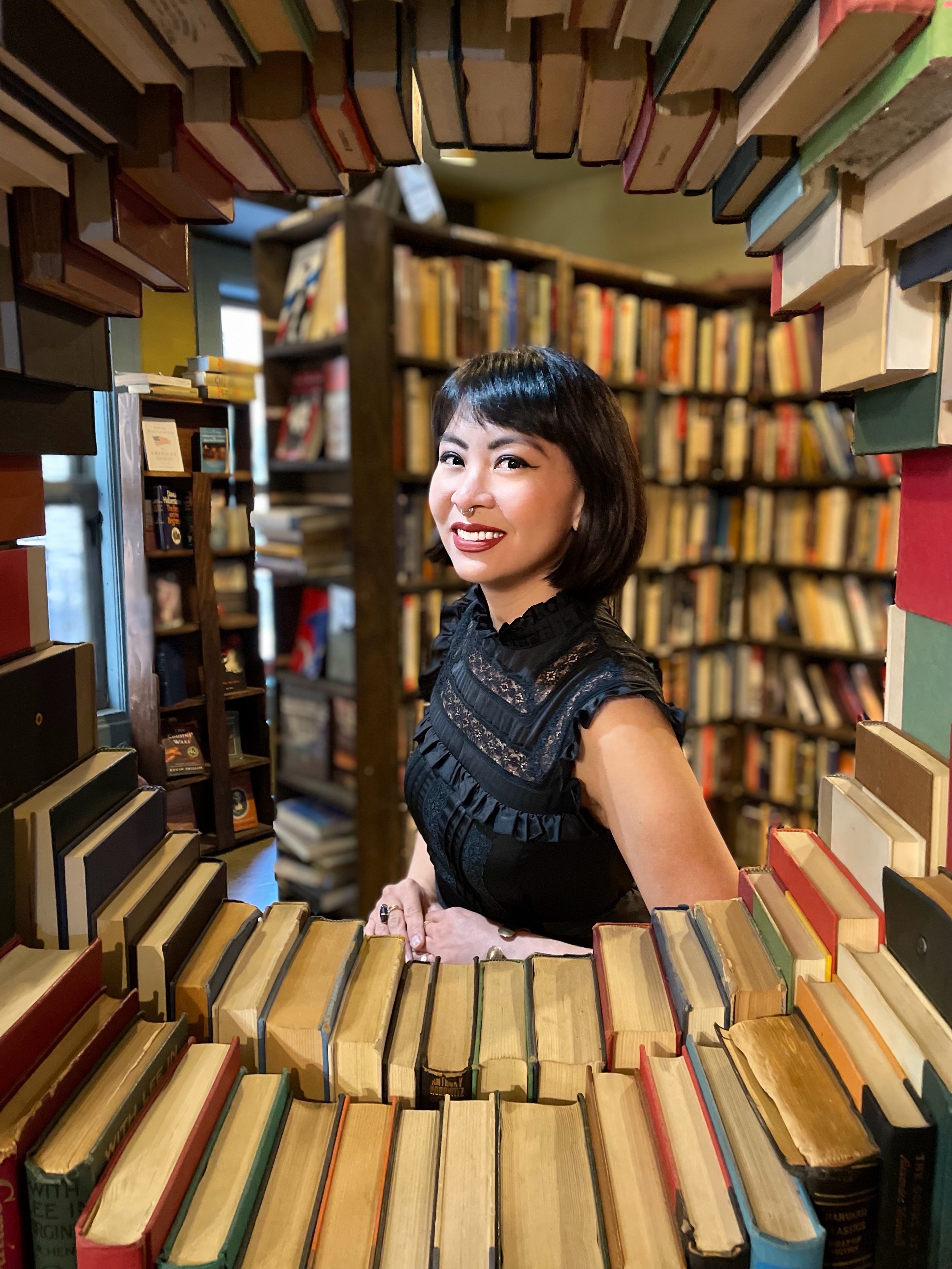God and Money
How nonviolence can reshape our practices of religion and economics
I call it self-religion because I want to point that part out where people can pick and mix. It’s different from the way that people have seen it and that it’s not ‘let me just pick and mix whatever I want.’ It actually has this positive side to it where that self aspect of it really is more of just a doctrine that’s being taught when you are going and engaging in these events.
P
eople are saying, “Go to your truest self. Find your truest self.” That’s where the word ‘self’ comes from. Ultimately, there’s a positive side in the ability to pick and mix. That’s what we're going to get into in terms of what my argument of why self-religion is a positive thing for peace-building and even the peace movements that we've seen in history.
Francesca Po
This week, we have two interviews from Nonviolence Radio, the first with peace activist, religion scholar and author, Francesca Po; the second with Jared Spears and David Fix from the E.F. Schumacher Center for New Economics.
Francesca and Stephanie explore the concept of ‘self-religion’, the subject of Francesca’s chapter in the upcoming book, Religion and Peace. Self-religion, as Francesca describes it, is a deliberately chosen religious outlook drawn from diverse religious sources. This kind of ‘pick and mix’ religion reveals in individuals an ‘ability to hold multiple religious authorities or multiple worldviews in their ideology’. And this, Francesca suggests, plays a key role in conflict resolution as the ability to acknowledge a range of different authorities allows people to recognize divergent beliefs as legitimate and valuable.
Robert Swann and Charles Sherrod with members of New Communities, Inc. at planning meeting circa 1970.
Stephanie and Michael’s second interview takes a deep dive into various aspects of an economics of peace. David and Jared explain some of the activities carried out at the Schumacher Center for New Economics, from local currencies to community land trusts. Together they discuss and start to illuminate a different vision of economics, one which is grounded in smaller, local communities where people are empowered to make choices as to how they want their societies to be structured and which values will serve as their foundations. The Schumacher Center offers resources, information and support as we endeavor to create communities ‘where people can develop their own economy that isn’t reliant on degrading anybody or degrading the natural resources, and is really meant to uplift everybody’.
Transcript archived at Waging Nonviolence


